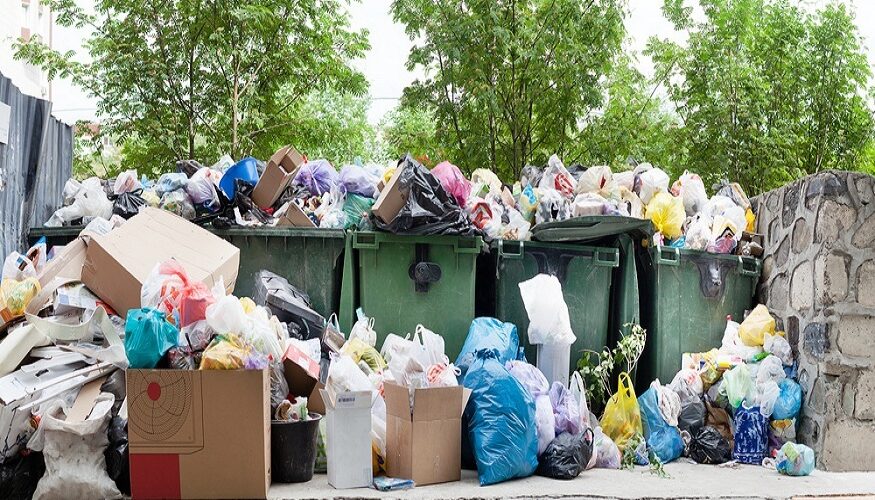Bentley, the British carmaker with a history that dates to 1919, recently began making a point of letting the world know they have become the very first company to be awarded South Pole’s Net Zero Plastic to Nature accreditation. South Pole is a Swedish organization working to help the world achieve carbon neutrality.
No doubt Bentley jumped through hoops to earn this accreditation. They should be proud to wear that on their corporate sleeve. Just know this: net zero is not a hard-and-fast standard. It also doesn’t mean a whole lot in the grand scheme of things.
A Term with Multiple Definitions
Go directly to the South Pole website and you’ll discover something important: the organization states that there are “differing definitions” of net zero. South Pole chooses to adhere to the definition established by the Intergovernmental Panel on Climate Change (IPCC). They derive their accreditation standards from that definition.
There are other organizations that freely adopt other definitions. Even individual companies not looking for accreditation are free to adopt their own definitions of net zero. With so many differing definitions, it is not possible to say that net zero is an achievable standard. What might be achievable according to South Pole requirements might not be achievable based on some other organization’s requirements.
No Additional Greenhouse Gasses
At the center of the IPCC definition of net zero is the core principle of not adding any more greenhouse gasses to the atmosphere. Fundamentally, this is not possible. The entire world generates greenhouse gasses just through daily life. So how do we do that and get to net zero?
According to South Pole, there are three strategies to pursue:
- Reduce – Organizations can reduce their avoidable omissions as much as possible.
- Compensate – Organizations can compensate for the omissions they do produce by financially investing in projects designed to reduce emissions further.
- Neutralize – At the point where emissions can no longer be effectively reduced, organizations can invest in neutralizing their remaining omissions with carbon removal strategies.
Bentley apparently does all three things to the South Pole’s satisfaction. As such, the car company can now proudly say it is accredited as a net zero company by the organization. But what exactly have they done?
Addressed Plastic Waste
A press release from Bentley offers a brief description of what the company has done to earn net zero accreditation. Essentially, it boils down to reducing plastic waste and looking for new plastics that are less harmful to the environment. That is really about it.
According to Tennessee-based Seraphim Plastics, most companies can do exactly what Bentley has done. Reducing plastic waste is not difficult in principle. It is really a matter of whether a company has the will to do it. Seraphim works with willing companies all the time, purchasing their industrial plastic waste and transforming it into a usable recycled material.
Reducing Waste Is Good
As far as reducing waste is concerned, it is something we should all strive to do. Avoiding as much waste as possible reduces our dependence on natural resources and reduces the amount of material we discard in landfills and incinerators. As for the rest of the net zero goals championed by the IPCC and other organizations, they are largely meaningless.
They are meaningless for the simple fact that net zero is not a hard-and-fast standard that can be achieved with measurable results. As South Pole admits on its website, net zero is more of a process than anything else. Processes do not mean much if the results cannot be measured in real terms.

